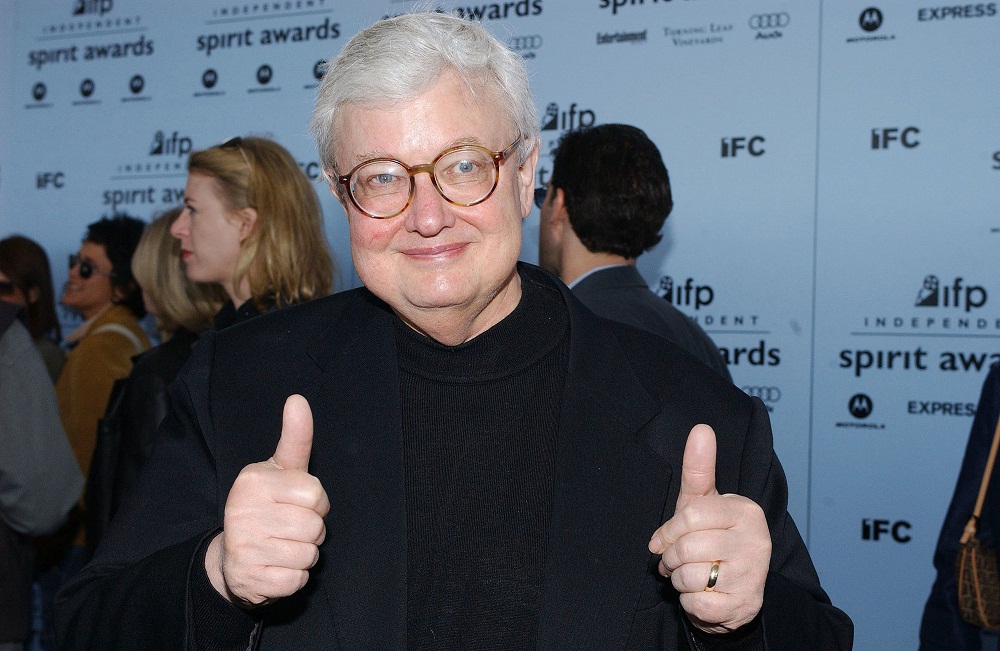Yesterday, Thursday, April 4, world-renowned film critic Roger Ebert, of Chicago, died at the age of 70 after an 11-year struggle with cancer. Four or five people texted me almost simultaneously after school, knowing that I was a huge fan of his, and I was pretty shaken up due to the fact that Ebert had announced plans to continue his work regardless of his health concerns only two days earlier, and now that work will never be carried on.
Ebert became the Chicago Sun-Times’ film critic in 1967, and over the course of 46 years, he became the one of the most recognizable personalities in cinema. Along with his long-time colleague Gene Siskel, they hosted numerous TV programs and specials about the latest movies and coined the trademark phrase “Two Thumbs Up,” and they quickly became household names. Film-makers and film-watchers alike anxiously awaited his reviews because all of Hollywood, all of the country, and all of the world knew that he was the premiere authority of cinema, and his ratings were immensely influential in a movie’s success at the box office.
I consider Ebert as one of my favorite writers. I’ve only read one of his books in its entirety, but his reviews are models for what a strong piece of critical writing should look like. Even if you strongly disagreed with his thoughts on a particular movie, his arguments were still always convincing and insightful, but it was his dry wit and humor that made his material enjoyable to read. Ebert’s reviews were never biased, and he never made himself out to be the standard in film criticism; first and foremost, he was just someone who loved going to the movies.
What made him such a major authority was his sheer knowledge of everything that surrounded a movie. If it was an adaptation, he would have already read the book or seen the play or known the quote; if it was an obscure reference or historical tidbit, he would notice it and point it out without sounding condescending. This paired with his innate ability to read through every shot of a movie and see the meaning behind it (or lack of), is what made him a kind of literary genius. He watched movies like an excited kid and analyzed them like a seasoned scholar.
I’ve been writing movie reviews for Niles West News for three years now, and I can honestly say that no one has influenced my writing as much as Roger Ebert. We had the same views towards cinema and pop culture and I knew I could trust his reviews because I would almost always agree with them, so I would look to him for inspiration when I had trouble expressing a thought about a particularly good or bad movie. The fact that there will never be another review or satirical blog post or a fourth installment of his “The Great Movies” series upset me to the point where I was tearing up at reading his wife’s goodbye to him and rereading his last words to the public.
In his last blog post “A Leave of Presence,” published two days before his death on the 46th anniversary of his position at the Chicago Sun-Times, Ebert expressed gratitude for his career as a film critic and intent to continue his tradition and routine in spite of his health. It now serves as his farewell letter. It had always been a dream of mine to meet Roger Ebert; he was one of my only literary idols still alive. Now all I can do is just remember him as the great critic of our time and honor his memory by continuing to watch movies.
The 15th annual Ebertfest film festival is scheduled for April 17 to April 21 in Urbana-Champaign.


